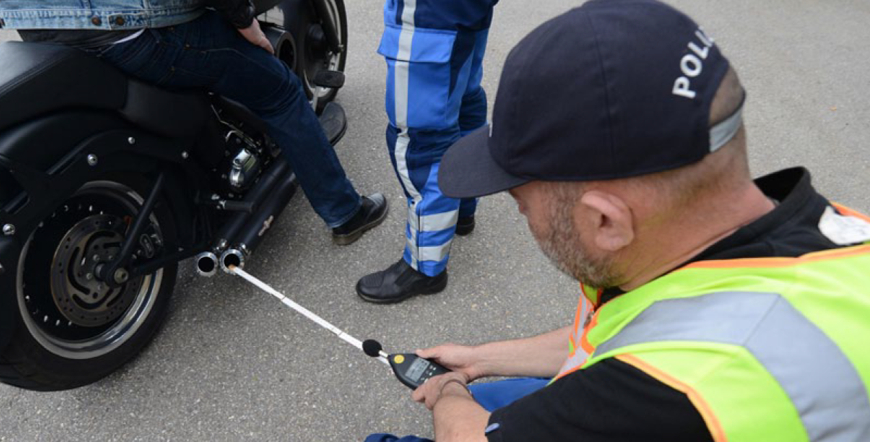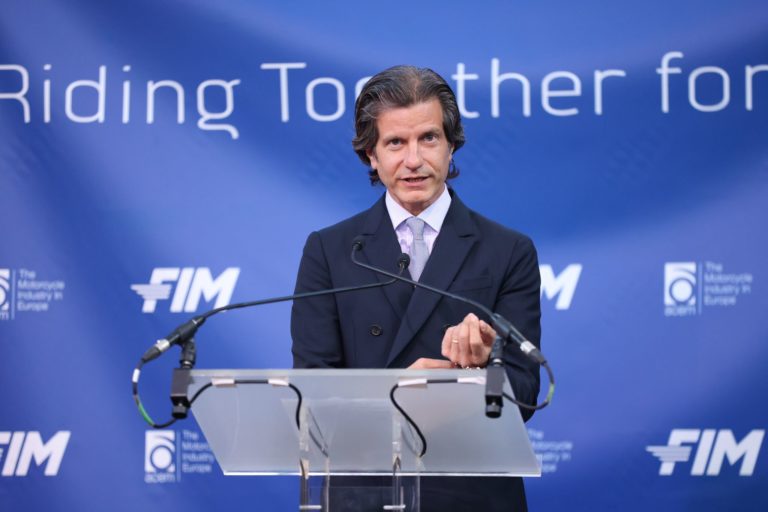Whilst modern transport systems largely contribute to the high levels of economic and social welfare in our societies, they also generate downsides in terms of traffic congestion, traffic casualties, climate change, air pollution and noise. The World Health Organization (WHO) has classified traffic noise, including road, rail and air traffic, as the second most important cause of ill health in Western Europe, second only to air pollution caused by very fine particulate matter.
Besides working on technical improvements achievable on the product itself, ACEM calls for a multi-stakeholder approach to address this challenge and commits to working with all stakeholders involved to prevent excessive motorcycle noise:
- working in synergy with all actors in the motorcycle sector, and in particular motorcycle users associations, to reach riders and raise their awareness on social responsibilities. Individual riders should choose to be part of the solution, not part of the problem.
- increasing collaboration with policy makers and authorities, at European and National level, to guide on appropriate technical requirements and increase oversight of the aftermarket by third parties.
- supporting local and regional administrators, through participation in roundtables, to properly address specific noise issues in the urban environment and at hot spots (targeting riding behaviour, building awareness, contributing to the development of meaningful local policy measures…).



